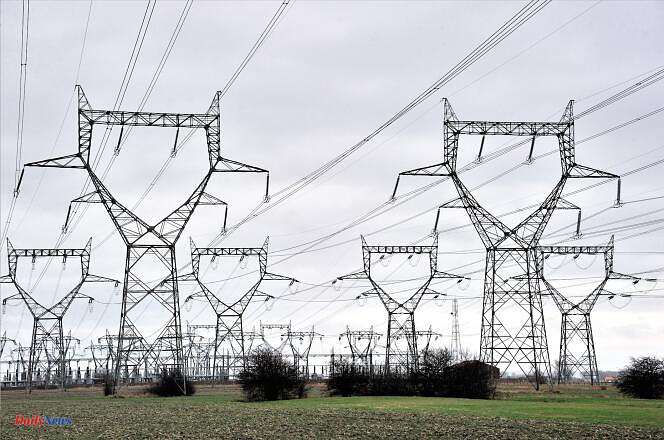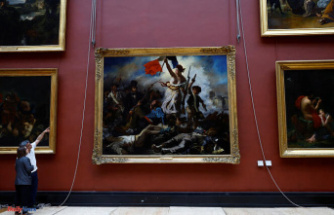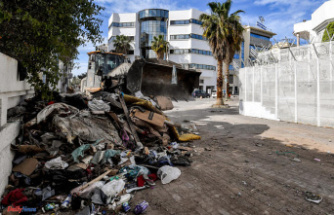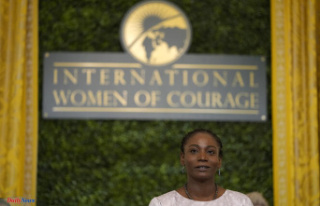A couple whose electricity bill tripled in eight months; a sixty-year-old who contracted, without realizing it, a contract to purchase photovoltaic panels for 27,000 euros; online energy comparators paid by alternative suppliers... The shocking examples speak to more and more French people, since the opening to competition of the French electricity market and the establishment of around thirty alternative suppliers.
The argument made at the time was to offer more “fair” prices to consumers; the reality is quite different, while the energy crisis is raging. Journalists Hugo Puffeney and Juliette Jonas investigated, in partnership with Revue21.fr – whose investigation was published on March 7. They report an issue of “Additional investigation” of public utility, which reveals the questionable methods of players in the electricity market.
Remember their names carefully. Starting with Mint Energie, the private supplier, or Selectra, the group which owns four energy comparators – Kelwatt, Jechange, Echos du Net and Prix-Elec. But when we talk about photovoltaic panels, it is the name Open Energie that comes up most often.
“Feasibility investigation”
Also the investigators were interested in David Msellati, its president, sentenced in October 2023 to eighteen months in prison for deceptive commercial practices – he would have appealed, according to the program. While Open Energie is placed in compulsory liquidation, investigators discovered that David Msellati had bought the Emeti company, known to customers as Solarbox. They will then uncover its questionable practices, starting with the “feasibility investigation”.
Another name: ENI, an energy juggernaut from Italy, whose “inaccuracies and questionable canvassing principles” were denounced by the French energy mediator in 2019. “Further investigation” will prove that they have not improved in five years. More surprisingly, the program reveals that Sowee, a subsidiary of EDF which markets energy contracts, uses methods that are hardly more rosy.
The last theme had already been mentioned in the “Cash Investigation” of February 22 (Energy, Covid-19. Crisis profiteers, to be seen in replay on France.tv). Namely: how, when the price of electricity soared in 2022, it was more profitable for certain private suppliers to push their customers to terminate their contracts in order to generate a surplus and resell it.
“Additional investigation” here focused on Ohm Energie, which, in four months, shed a quarter of its customers. “This is the first time that the supplier has told me to leave,” one of them is surprised. Ohm Energie will resell its surplus on the markets with margins of 200%, 300%, or even 700%. While the damage would amount to more than 40 million euros, the energy market watchdog, the Energy Regulatory Commission, was alerted.
Its president, Emmanuelle Wargon, agreed to explain it in front of the camera. “You are exploiting an investigation carried out at my request,” the former minister rightly points out. But when Hugo Puffeney asks him: “Can we say that the French are paying the right price? ", she pauses: "Can we cut ten seconds? I would just like to think about how I properly answer your question. »












